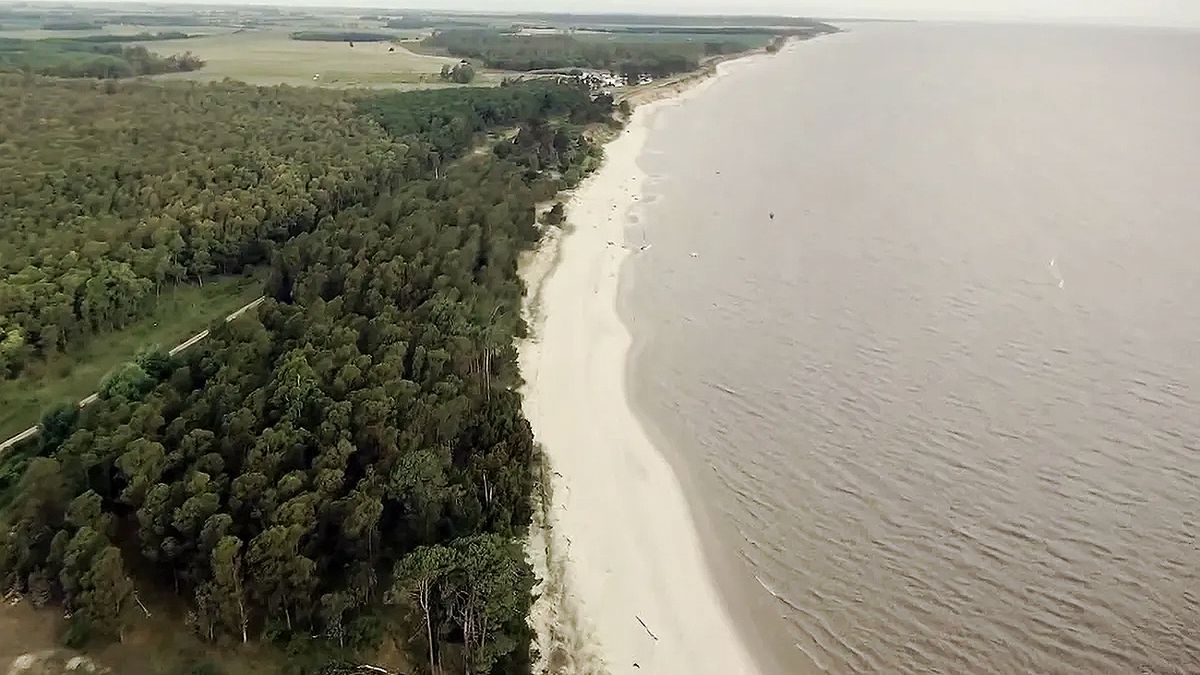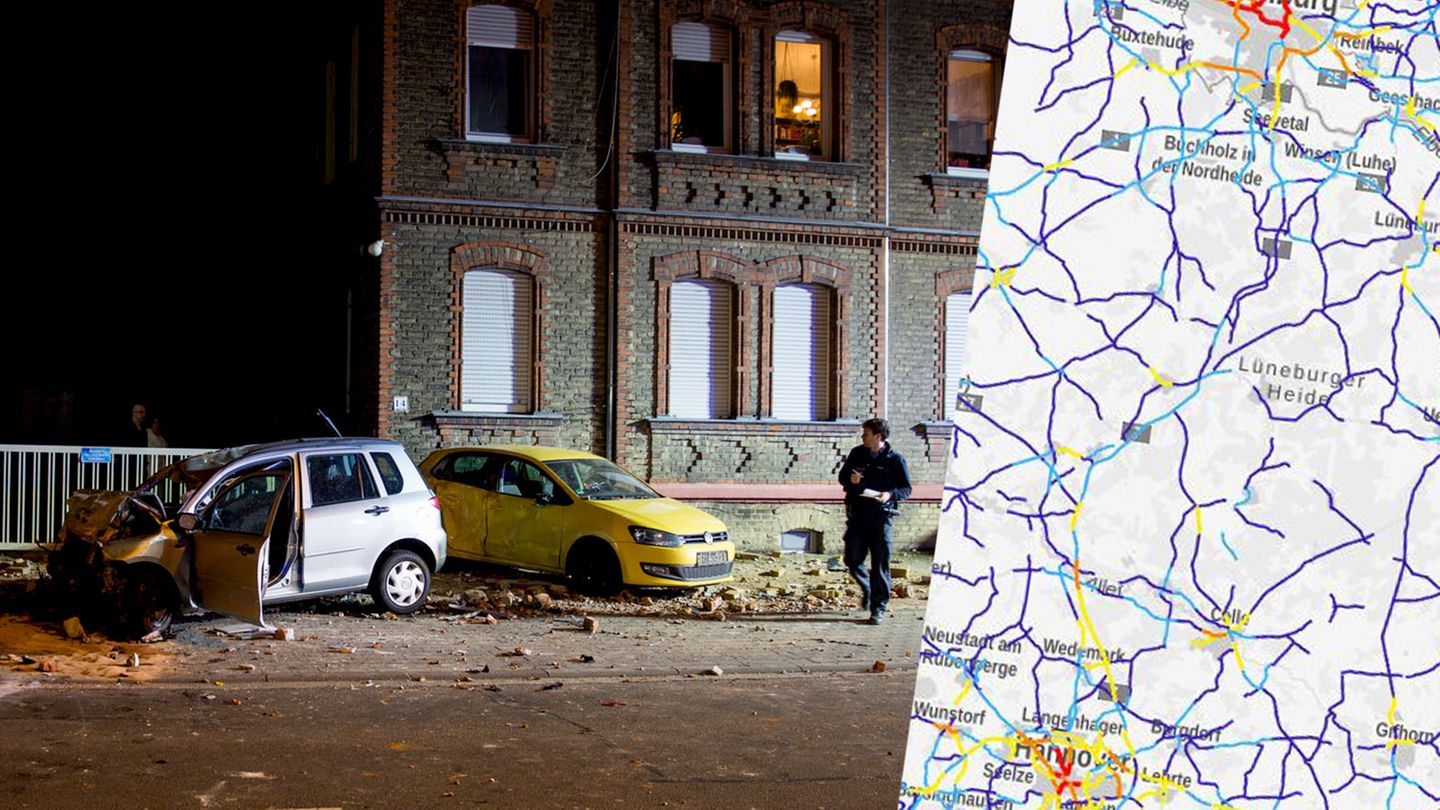The consortium Waters of Montevideoin charge of the construction of the new water treatment plant in Saint Joseph, presented to the appeals court an appeal against the judge’s precautionary measure Alejandro Recarey, who ordered to stop the Arazati project given the possibility that the initiative constitutes a process of partial privatization of the supply of drinking water. For the private sector, the judge “violated their rights” by not allowing the appeal of the resolution.
The Arazatí project quickly went from being the pride of the government to a major headache after Judge Recarey’s ruling put the important initiative on hold. But it also generated repercussions among the private companies that, under the Aguas de Montevideo consortium, promoted the construction of the water treatment plant.
That’s why, Saceem, Berkes, Ciemsa and Fast Industry and Commerce LTDA They filed a brief with the Court of Appeals. It is a complaint for denial of appeal, after Recarey rejected this appeal by the consortium considering that the companies “are not a party” in the judicial process, as reported by El País; and despite the fact that the magistrate’s resolution requires the National Administration of State Water Works (OSE) to suspend the signing of the contract for Arazati with those same companies.
Through the legal representative of the consortium, and together with the document, they also presented a report prepared by the president of the Ibero-American Institute of Procedural Law, Santiago Pereira Campos, who was consulted about possible irregularities in the judge’s conduct.
In the report, Pereira Campos stated that, “in any case, the Consortium companies should have been allowed to appear as third parties in the provisional measures process” and argued that the companies in question had “legitimacy to appeal the resolution of the case.”
“The essential was violated right of defense (…) the Court of Appeals in charge should declare the aforementioned nullity and order the transfer of the case to the substitute judge,” concluded the lawyer, who is a grade 5 in Procedural Law.
In this regard, the consortium argues that it was affected by the judicial measures because they were the ones who signed the contract with OSE; something that Pereira Campo agrees with. He also described Judge Recarey’s actions as “illegitimate”, stating that “the companies in the consortium were clearly affected”, since “the judicial order not to sign the contract issued against one of the parties – the State – directly affects the other party”.
The document was submitted to the Court of Appeals of the 4th Shiftand is expected to take a position during the next week, when it will decide whether to declare the claim valid or reaffirm Recarey’s decision not to allow the companies’ appeal.
Expropriations advance despite judicial disqualification
Meanwhile, and despite the fact that the signing of the contract was suspended by court order, the State executed the first expropriation of land within the framework of the Arazati project. These are 51 hectares that were intended for agricultural production. Meanwhile, other producers in the area Pine Corner They were notified and are already preparing legal action while the government seeks to enable the initiative with the appeal to Judge Recarey’s ruling.
The project Arazati will require that the Uruguayan State expropriate a total of more than 350 hectares for the construction of the new water treatment plant. As a result, more than 15 families are affected in one of the most productive areas of the country and, therefore, generating a large amount of Job positions.
For this reason, there is discontent in the area, which increased after the government moved forward with the expropriation of the first 51 hectares, as reported by the weekly Búsqueda; even though the signing of the contract was stopped by the courts.
Nucleated in the Group of residents and producers from Rincón del Pinoand with the support of more than 2,000 signatures from citizens and various institutions, the concern also covers the pollution that the project Arazati would generate in the Raigón aquifer.
Source: Ambito




